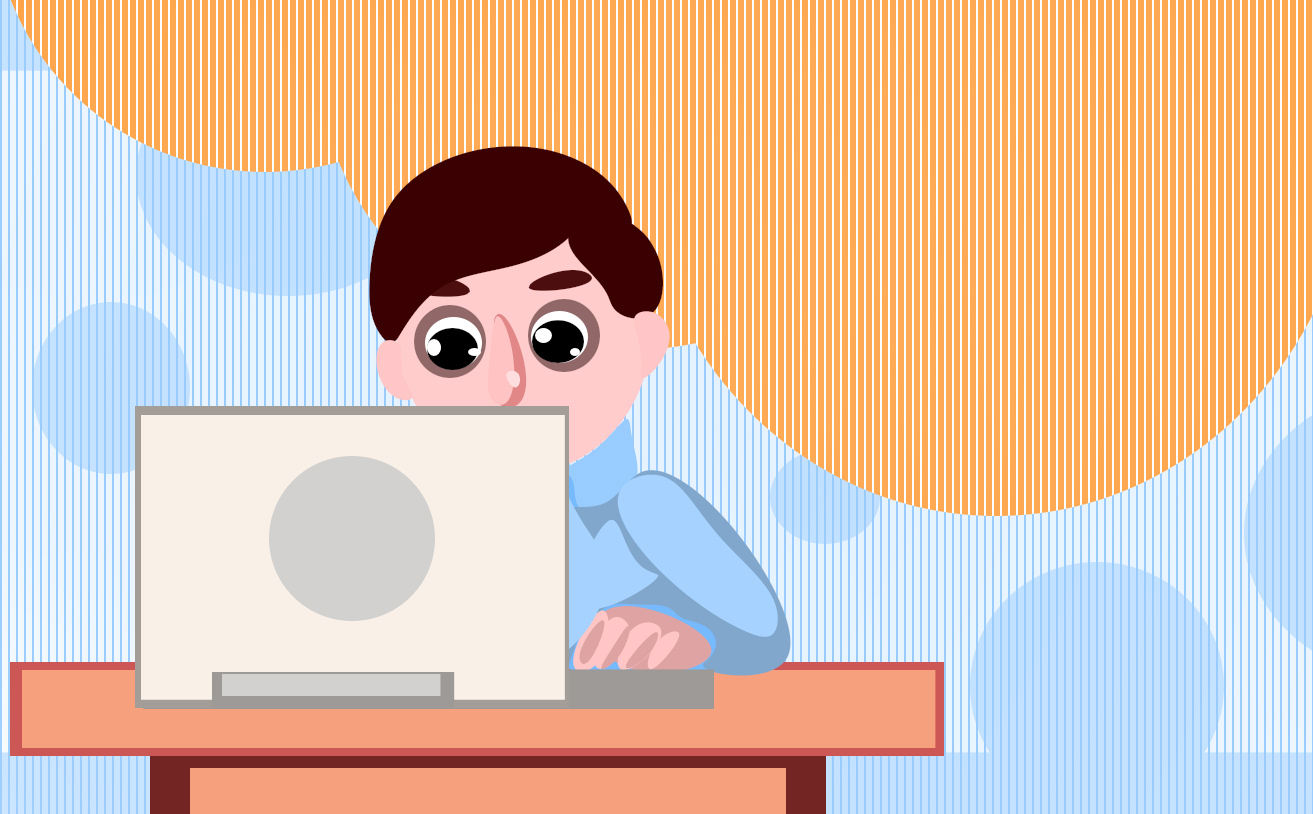论文格式范文模板
答案:以下是一份简单的论文格式范文模板,仅供参考:
标题:在此处写上你的论文题目,居中并加粗
作者:在此处写上作者姓名,居中
摘要:在此处写上摘要内容,不超过250个单词
关键词:在此处写上3-5个关键词,用逗号隔开
正文:
引言:在此处写上引言内容,简要介绍研究背景、目的和方法
第一章:在此处写上第一章的标题
在此处写上第一章的内容,包括理论分析、实验设计和结果分析等
第二章:在此处写上第二章的标题
在此处写上第二章的内容,包括理论分析、实验设计和结果分析等
第三章:在此处写上第三章的标题
在此处写上第三章的内容,包括理论分析、实验设计和结果分析等
结论:在此处写上结论内容,总结研究结果并提出未来研究方向
参考文献:在此处列出你所引用的文献,按照国际惯例格式编排
附录:在此处列出你所使用的数据、图表、程序等附加材料
以上是一份简单的论文格式范文模板,你可以根据自己的需要进行修改和完善。
论文范文模板
答案:以下是一篇论文范文模板,供参考:
Title: The Impact of Social Media on Youth Mental Health: A Review of Literature
Abstract:
Social media has become a ubiquitous aspect of modern society, particularly among young people. While social media can provide a platform for social connection and information sharing, concerns ha ve been raised regarding its potential negative impact on youth mental health. This paper reviews the existing literature on the relationship b e tween social media use and youth mental health. Findings suggest that excessive social media use may be associated with increased risk of depression, anxiety, and other mental health problems. However, the relationship b e tween social media use and mental health is complex and multifaceted, and more research is needed to fully understand the potential impact of social media on youth mental health.
Introduction:
Social media has become an integral part of modern society, with millions of people worldwide using platforms such as Facebook, Twitter, and Insta gram to connect with others, share information, and express themselves. While social media has m a ny potential benefits, concerns ha ve been raised regarding its impact on mental health, particularly among young people. The purpose of this paper is to review the existing literature on the relationship b e tween social media use and youth mental health, with a focus on the potential negative effects of excessive social media use.
Literature Review:
Numerous studies ha ve investigated the relationship b e tween social media use and mental health among young people. A meta-analys i s of 36 studies found a significant association b e tween social media use and depression, anxiety, and other mental health problems (Vannucci & McCauley, 2017). Several studies ha ve also found that social media use is associated with increased risk of cyberbullying and negative body ima ge, which can contribute to poor mental health outcomes (Boyd & Ellison, 2007; Fardouly et al., 2015).
However, the relationship b e tween social media use and mental health is complex and multifaceted. Some studies ha ve found that social media use can ha ve positive effects on mental health, such as providing a sense of social support and connectedness (Kross et al., 2013). In addition, the type of social media use may play a role in its impact on mental health. For example, passive social media use (e.g., scrolling through a feed without interacting with others) has been associated with increased risk of depression, while active social media use (e.g., posting and commenting on others' posts) has been associated with decreased risk of depression (Lin et al., 2016).
Discussion:
The existing literature suggests that social media use may ha ve both positive and negative effects on youth mental health. While social media can provide a platform for social connection and information sharing, excessive social media use may be associated with increased risk of depression, anxiety, and other mental health problems. Factors such as the type of social media use and the presence of cyberbullying and negative body ima ge may also play a role in the relationship b e tween social media use and mental health.
Conclusion:
The impact of social media on youth mental health is a complex and multifaceted issue that requires further research. While social media can be a valuable tool for social connection and information sharing, excessive social media use may ha ve negative effects on mental health. Future research should explore the potential positive and negative effects of different types of social media use, as well as the role of individual and contextual factors in the relationship b e tween social media use and mental health.
上一篇:英语作文简历模板范文翻译
下一篇:物流范文


